Professor Stephen Hawking dies, aged 76
Famed physicist and author remembered for his contribution to science
A free daily email with the biggest news stories of the day – and the best features from TheWeek.com
You are now subscribed
Your newsletter sign-up was successful


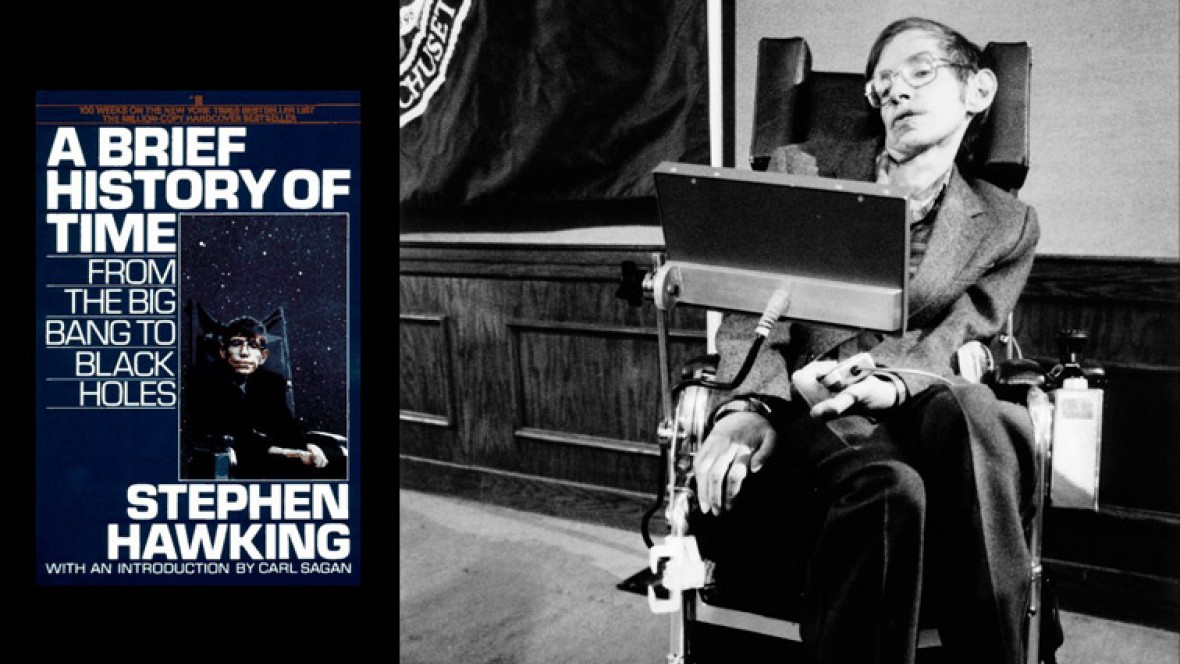
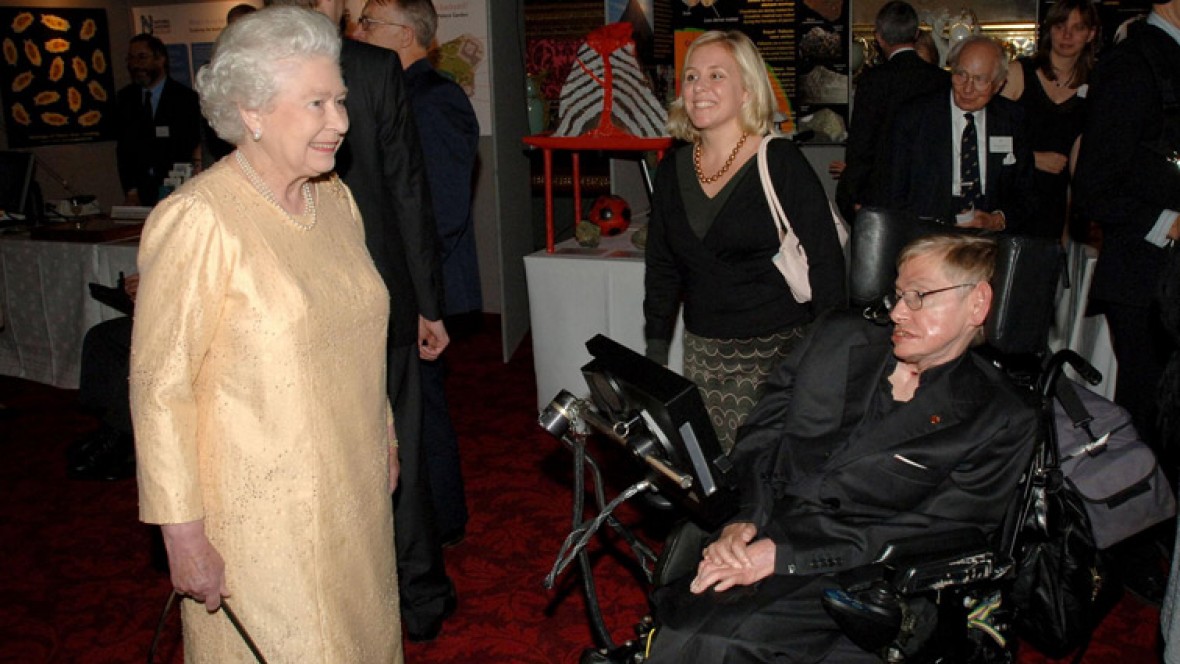
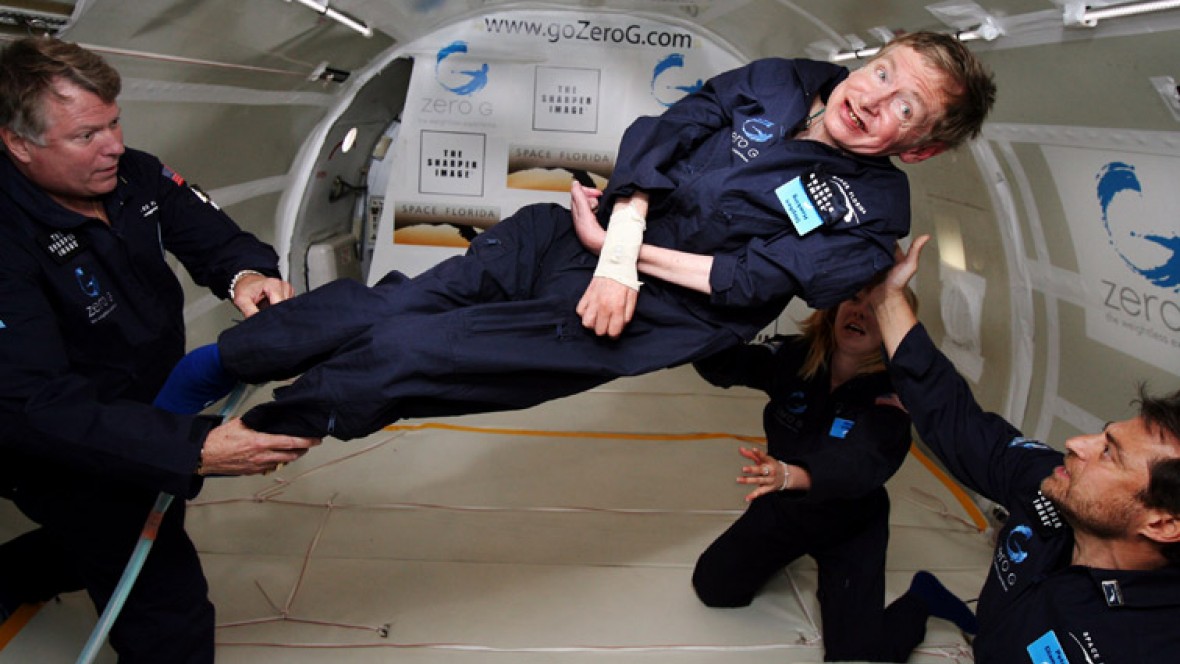
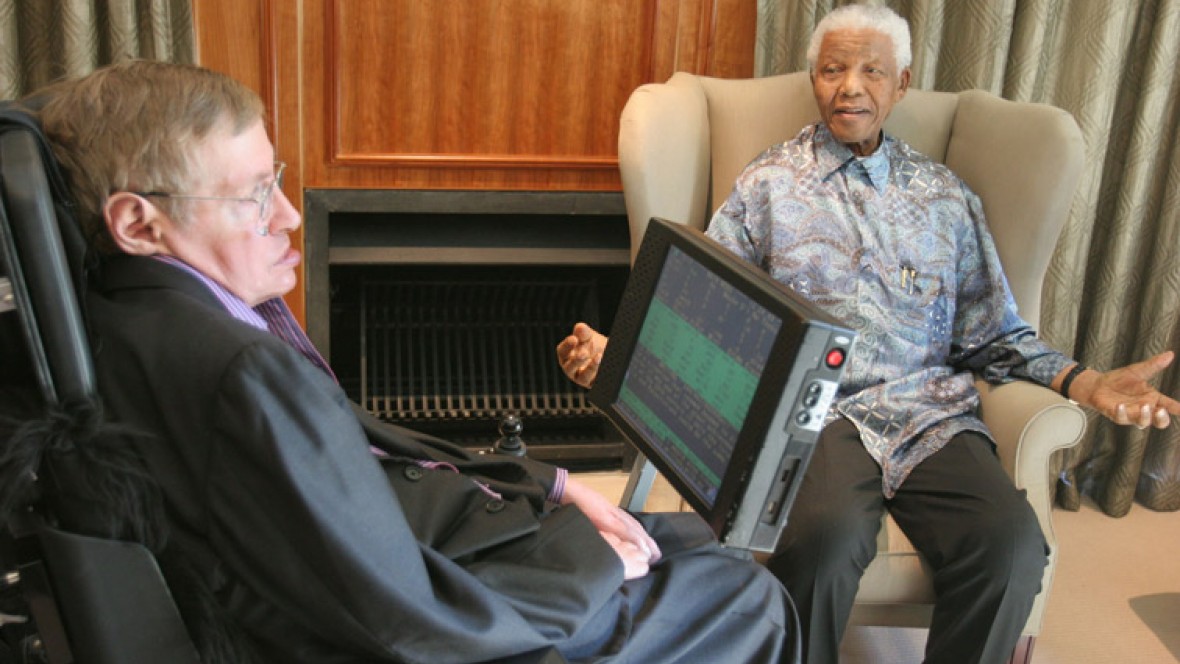
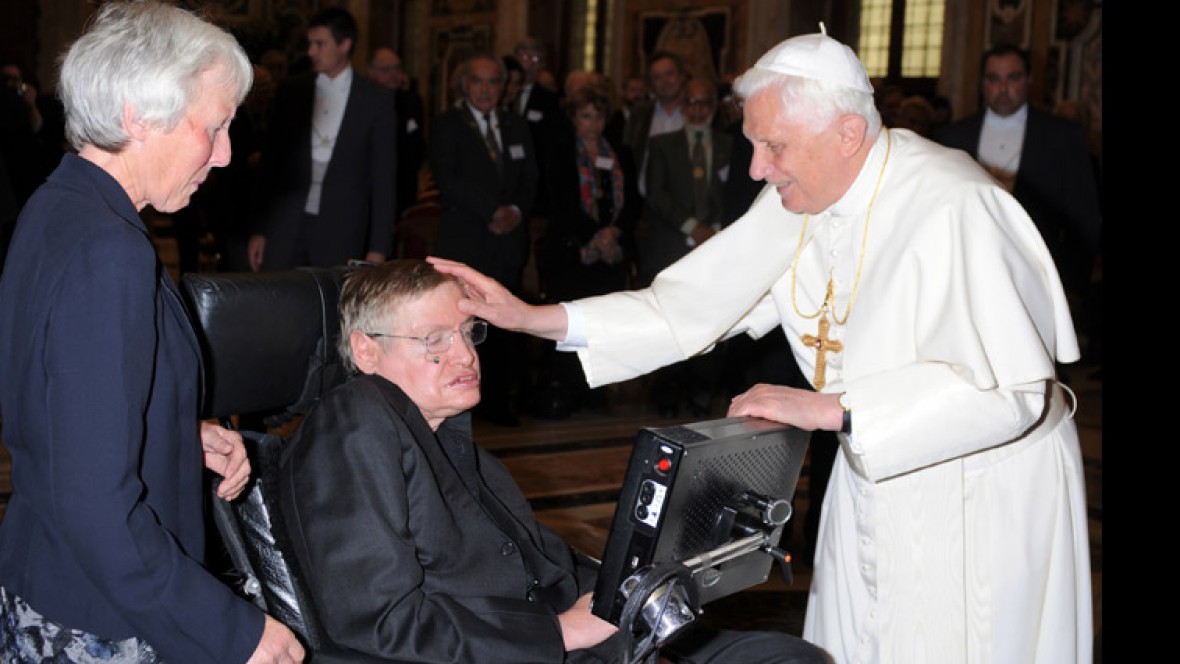
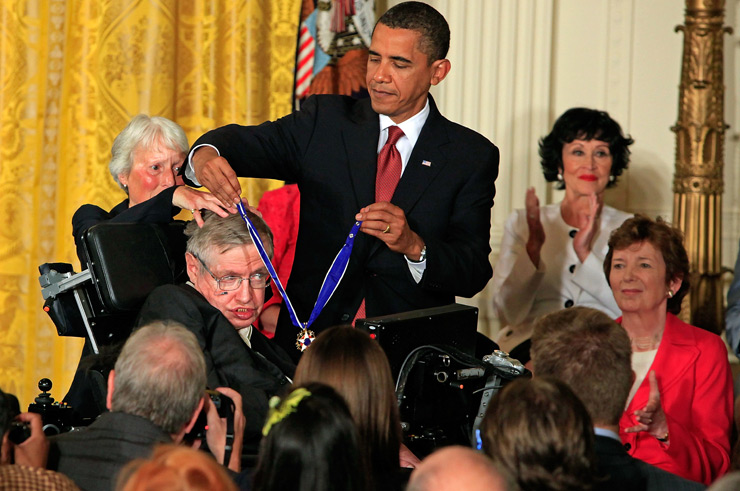
Professor Stephen Hawking has died at his home in Cambridge, aged 76.
Hawking’s family released a statement confirming his death in the early hours of this morning.
His children Lucy, Robert and Tim, paid tribute to their father, saying: “He was a great scientist and an extraordinary man whose work and legacy will live on for many years.”
The Week
Escape your echo chamber. Get the facts behind the news, plus analysis from multiple perspectives.

Sign up for The Week's Free Newsletters
From our morning news briefing to a weekly Good News Newsletter, get the best of The Week delivered directly to your inbox.
From our morning news briefing to a weekly Good News Newsletter, get the best of The Week delivered directly to your inbox.
“His courage and persistence with his brilliance and humour inspired people across the world,” they added.
The BBC described Hawking as “a man of great humour”, who became a “popular ambassador for science” and was “always careful to ensure that the general public had ready access to his work.”
Hawking was best known for his study into black holes and relativity, as well as being the author of several best-selling books, including A Brief History of Time.
Hawking was born on 8 January, 1942, in Oxford, going on to earn a place at Oxford University where he studied natural science in 1959.
A free daily email with the biggest news stories of the day – and the best features from TheWeek.com
He then moved to commence his PhD in cosmology at Cambridge, and was diagnosed with motor neurone disease in 1963 at the age of 21, when doctors gave him just two years to live.
However, Hawking had a form of the disease “that progressed more slowly than usual”, The Guardian says, allowing him to survive another 55 years – “long enough for his disability to define him.”
The disease left Hawking almost completely paralysed, reliant on a motorised wheelchair for transport and a distinctive synthesised voice in order to speak.
Hawking’s popularity saw him appear on several television programs, including Star Trek: The Next Generation and The Simpsons, and his voice was featured on Pink Floyd’s 1994 album The Division Bell.
Tributes to the physicist have started to pour in.
Sir Tim Berners-Lee, founder of the internet, said on Twitter: “We have lost a colossal mind and a wonderful spirit”.
The US space agency Nasa also tweeted:
American astrophysicist Neil deGrasse Tyson said the loss of Hawking could not be measured:
-
 The environmental cost of GLP-1s
The environmental cost of GLP-1sThe explainer Producing the drugs is a dirty process
-
 Greenland’s capital becomes ground zero for the country’s diplomatic straits
Greenland’s capital becomes ground zero for the country’s diplomatic straitsIN THE SPOTLIGHT A flurry of new consular activity in Nuuk shows how important Greenland has become to Europeans’ anxiety about American imperialism
-
 ‘This is something that happens all too often’
‘This is something that happens all too often’Instant Opinion Opinion, comment and editorials of the day
-
 Richard Branson’s Virgin Galactic and Jeff Bezos’s Blue Origin: the new space race?
Richard Branson’s Virgin Galactic and Jeff Bezos’s Blue Origin: the new space race?Speed Read Branson has declared space open for business. Is that still a pie in the sky?
-
 Russia and China joining forces to build first Moon base
Russia and China joining forces to build first Moon baseSpeed Read Lunar pact represents ‘all kinds of security threats’ to UK and US, expert warns
-
 Mystery of where Stonehenge stones came from finally solved
Mystery of where Stonehenge stones came from finally solvedSpeed Read But how the builders moved the huge stone megaliths to the Salisbury site remains a mystery
-
 How chimpanzee ‘lip smacking’ can unlock mystery behind human speech
How chimpanzee ‘lip smacking’ can unlock mystery behind human speechSpeed Read New study reveals rhythm of great apes’ communications is identical to spoken language
-
 Scientists discover new variety of black hole
Scientists discover new variety of black holeSpeed Read Astronomers had previously missed entire class of dead star
-
 Trio win Nobel physics prize for work to understand cosmos
Trio win Nobel physics prize for work to understand cosmosSpeed Read The scientists were hailed for ‘ground-breaking’ discoveries
-
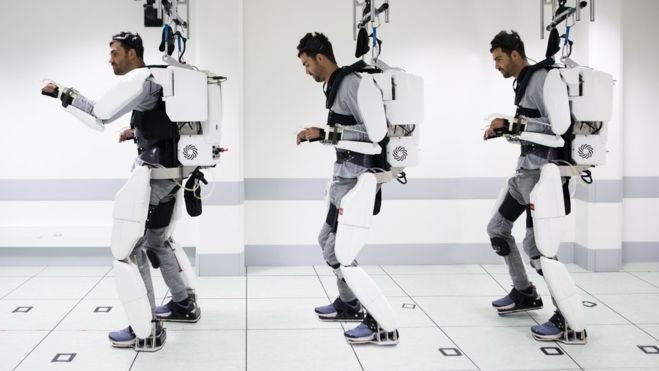 Quadriplegic man walks using mind-reading robotic exoskeleton
Quadriplegic man walks using mind-reading robotic exoskeletonSpeed Read Robo-suit hailed as huge step forward for paralysed patients
-
 Will ancient scrolls damaged by Vesuvius be read again?
Will ancient scrolls damaged by Vesuvius be read again?Speed Read Scientists believe they have developed technology to see what is on the famous scrolls